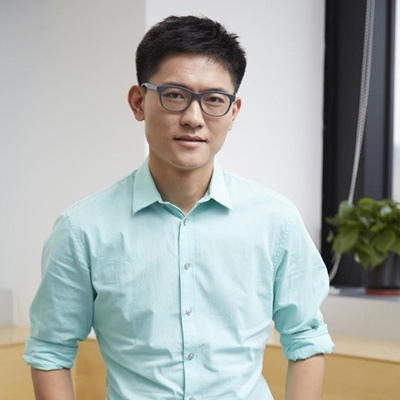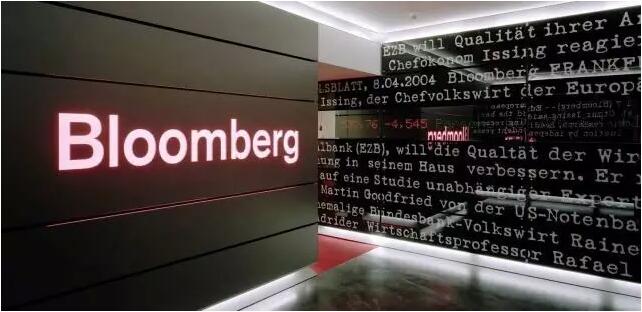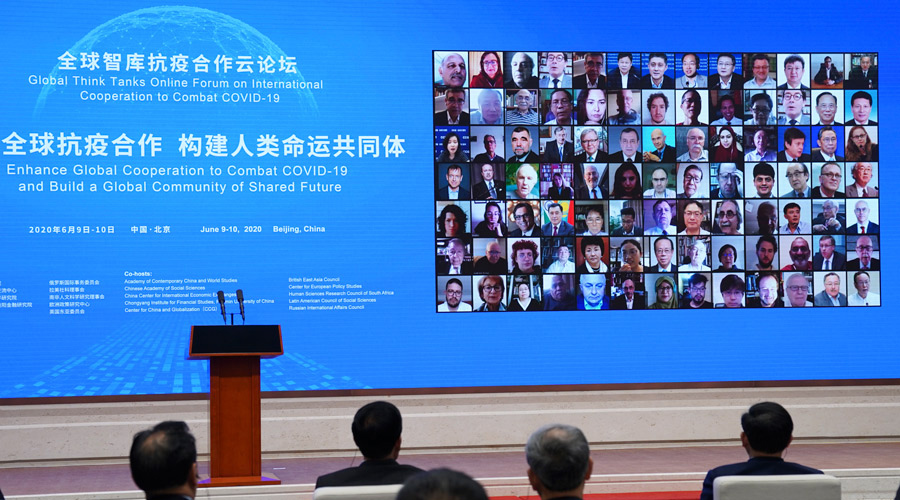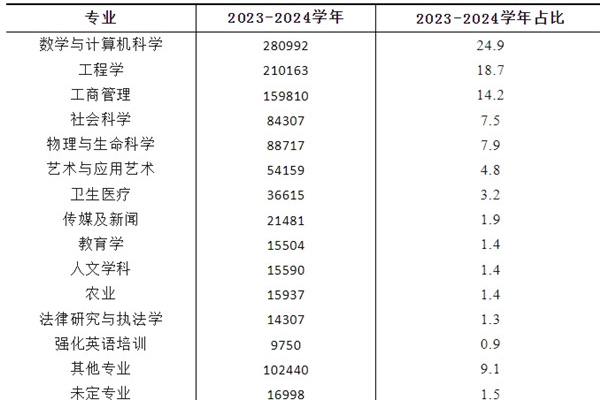英语流利说引发国际关注!

在美国,Bloomberg(彭博)这个名字可谓如雷贯耳。
1990年成立的彭博通讯社是全球最大的财经资讯服务提供商。

其传奇创始人Michael Bloomberg横跨政商两届,曾担任过12年的纽约市长,目前身价数百亿,是全世界最有钱的人之一。

就这么一个大富豪,其旗下的著名网站彭博科技最近却对一个来自中国的初创公司产生了浓厚的兴趣。
这个公司就是英语流利说。

在此之前,彭博科技对中国公司的报道只限于百度,阿里巴巴等巨头公司。这一次长篇报道一个小公司,到底是为什么呢?
总结一下有两点原因:
-
源自硅谷的先进的人工智能和自适应学习技术;
-
受中国用户喜爱的游戏化和社交化的产品体验。
以下是详细报道:
▼

Yi Wang was hearing the same refrain over and over: Why are English classes in China so expensive? And why aren’t I proficient yet?
The former Google product manager decided to do something about it and started an app called LiuLiShuo, which basically means “speaking fluently” in Mandarin. The app, which claims more than 30 million users, is one of scores of English-learning startups looking to disrupt China’s hidebound language schools. To differentiate itself from products started by Internet giants like Baidu and Tencent, LiuLiShuo brings gaming and social media features to the genre. Users win points when they move to the next level and text each other encouragement and tips. Wang also touts artificial intelligence that analyzes the student’s learning idiosyncrasies and tailors the teaching program to his or her needs.
Virtually unknown outside China, the Shanghai startup has raised $42 million at a valuation of $200 million as of its last funding round last year. LiuLiShuo’s investors include IDG Capital Partners, GGV Capital and Trustbridge Partners, which have backed the likes of Airbnb, Slack, Baidu, Alibaba, Tencent and Qihoo 360. Wang, a Princeton computer science graduate who worked at Google for two years before launching the app in 2013, plans eventually to produce versions in other languages, including Mandarin.
“We want LiuLiShuo to be the go-to app for people across the world to learn any language,” Wang says. “The future of language learning is personalization.”
There are skeptics, especially in traditional education circles. Mastering a language requires experienced teachers, immersion in the native tongue, and habitual reading of English news and books, says Jiang Xueqin, a former teacher in China who now consults. “If we’re talking about people who work in the services industry and you want to ramp up their English, that’s the perfect app for that,” he says. “But if we’re talking about training students to think for themselves, that wouldn’t help.” Still, Jiang acknowledges that Chinese parents spend thousands of yuan an hour for English tutoring only to discover that their kids can’t speak colloquial English.
Wang, 36, started LiuLiShuo after a chance encounter with a foot masseuse. In the summer of 2012, a mutual friend introduced him to Andreas Weigend, Amazon’s former chief scientist. They met at a foot massage place in Shanghai. Turns out Weigend’s masseuse wanted to learn English so he could leave his job for a better one. His plan: to use a textbook written in the 1960s.
Wang noticed the masseuse had a knock-off Android phone. Would he pay 100 yuan ($15) a month for an app that would push him new content every day and teach him English? The masseuse said he’d obviously pay if the app worked. After the massage, Wang and Weigend chatted into the night, sketching the broad outlines of what would become LiuLiShuo.
Hundreds of tech startups have emerged in China promising to quickly teach people how to speak the language at a fraction of what they’d typically pay a human teacher. In recent years, China’s internet giants — Baidu, Alibaba, Tencent — as well as the country’s largest online media and gaming companies have invested in the online language learning market.
But many simply translate the rote memorization endemic to Chinese language schools and transfer it to a website or mobile app. Determined to do better, Wang teamed up with a speech-recognition and machine-learning researcher from Google to become chief scientist and an audio-video expert from Alibaba as chief product officer. They built algorithms that quantify dozens of dimensions of speech — pronunciation, grammar, fluency and so on.
The millions of users on the app generate huge amounts of data that allow AI algorithms to predict how students will perform on any given exercise. That means LiuLiShuo is automatically tailoring the course so the questions and activities are just hard enough to challenge the students, but not so hard that they get discouraged.
For the app’s core course, Wang turned to a language researcher named Lance Knowles, who’s based in Menlo Park, California. He’s spent decades coming up with learning tools that emphasize phrases (“open the blue book”) rather than individual words (“book”); the theory is that it’s easier to remember larger chunks of information than small ones, which in turn promotes fluency. Rather than overwhelming the brain with memorization, Knowles says, LiuLiShuo’s AI algorithms are designed to activate subconscious pattern recognition.
What keeps students opening the app throughout the day are the direct messages they send each other or message boards they post on. To win points on lesson plans, they can share their results to friends over Weibo or Wechat. One of the most popular practice features lets users dub their voices over movies and TV shows including HBO’s “Silicon Valley” and “The Lord of the Rings,” guiding them through the pronunciation and cadence along the way.
Wang says users are playing more than 250,000 video clips a day and leaving long strings of comments. As a result, he says, LiuLiShuo is even more addictive than social networks like Instagram, Pinterest and Twitter. Wang says more than 30 million users spend an average of 30 minutes a day on the free version; only tens of thousands are spending an average of 45 minutes a day on the paid version, but the company says paying customers are more than doubling every quarter.
LiuLiShuo claims to double language learning efficiency for students using its paid course, which is designed according to the Common European Framework (CEFR), an international standard for language education. LiuLiShuo recruited 100 people to use only its app for two months and had them take a standardized exam that measures everyday English ability, before and after taking the course. More than 60 percent improved at least one level on the exam, the company says. While the CEFR recommends 90 to 100 hours of studying to go up a level, the average study time of the test group in LiuLiShuo was 36.5 hours.
Kasa Lu is a satisfied customer. The 22-year-old student at Fudan University in Shanghai is studying for English classes and standardized English exams, and started using the app after friends recommended it. She’s paying 99 yuan per month for the core course, which she’s been using for four months now. Lu says in addition to using the app, LiuLiShuo places paying users into a Wechat group with a course adviser to discuss different topics in English everyday.
“I think my English has improved very much,” she says. “It’s just like a game, you know. You test this part and you get a star and uncover the next level. It’s also like a social group. You can talk to people, chat and find many interesting things.”
文章选自英语流利说 ,2016年9月15日





